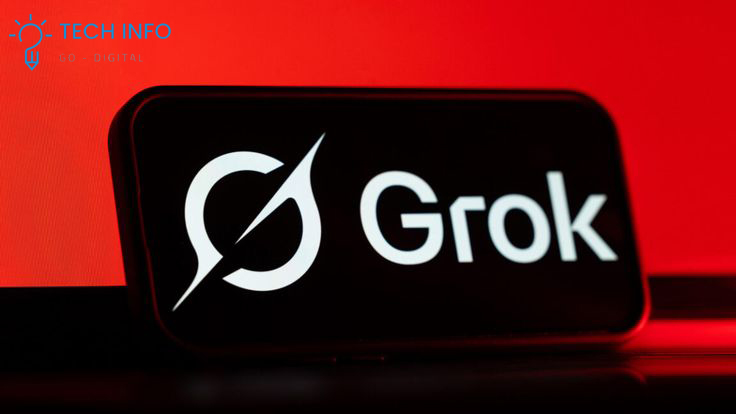Table of Contents
ToggleThousands of Grok Chats Now Searchable on Google – What It Means for AI Privacy
The AI world just received a wake-up call: thousands of conversations with Grok, the chatbot built by xAI, have surfaced on Google Search. This unexpected visibility raises serious questions about data privacy, user trust, and the broader future of AI conversations.
What Happened?
Users recently noticed that their interactions with Grok—meant to be private or at least contained within the app—were being indexed by Google. This means that anyone, with the right keywords, could stumble across these chats, ranging from casual jokes to deeply personal exchanges.
For many, this wasn’t just a glitch—it felt like a betrayal of expectations. Chatbots are marketed as safe, private spaces where users can express curiosity without fear of judgment. Having those conversations pop up on a search engine undermines that trust.
Why Is This Important?
User Privacy at Stake
AI chats often contain sensitive details—questions about mental health, personal dilemmas, or even business ideas. If exposed, this could harm individuals or companies.
Reputation Risk for xAI
Grok was designed to compete with ChatGPT and Claude, but being linked to a mass privacy oversight could weaken its credibility before it fully establishes market trust.
Bigger AI Transparency Debate
This incident highlights a broader industry question: Who owns AI conversations? Are they the user’s private property, or can companies publish and train on them at will?
How Did These Chats Get Indexed?
The technical details aren’t fully clear, but possibilities include:
- Publicly accessible web endpoints not properly restricted.
- Chats shared by users that were not correctly labeled as private.
- Weak or missing robots.txt directives, which tell search engines what to index.
Regardless of the cause, the failure points back to infrastructure and policy gaps at xAI.
What This Means for Users
- Be Cautious: Treat AI chat platforms as semi-public until companies prove their security.
- Check Sharing Settings: Some platforms automatically generate shareable links—be careful before using them.
- Push for Accountability: Tech companies must clarify their data retention and publication policies.
The Broader AI Privacy Problem
This isn’t just a Grok issue. Across the industry, users often assume conversations with chatbots are private, but in reality, most companies store, review, and sometimes use chats for model training. Unless explicitly stated, privacy is not guaranteed.
The Grok incident just made this invisible risk visible—by literally putting chats on Google’s front page.
Looking Ahead
This moment could be a turning point. If xAI acts quickly—by removing indexed content, improving security, and issuing a transparent policy—it can regain trust. If not, competitors like OpenAI and Anthropic will gain an edge by emphasizing responsible AI data handling.
Ultimately, users will demand two guarantees:
- That their chats remain confidential by default.
- That they have control over how their data is used.
✅ Conclusion:
The accidental exposure of Grok chats isn’t just a technical slip—it’s a lesson for the entire AI ecosystem. Privacy isn’t optional; it’s the foundation of user trust. As AI becomes more deeply embedded in our daily lives, how companies handle conversations will determine whether users embrace or abandon these tools





